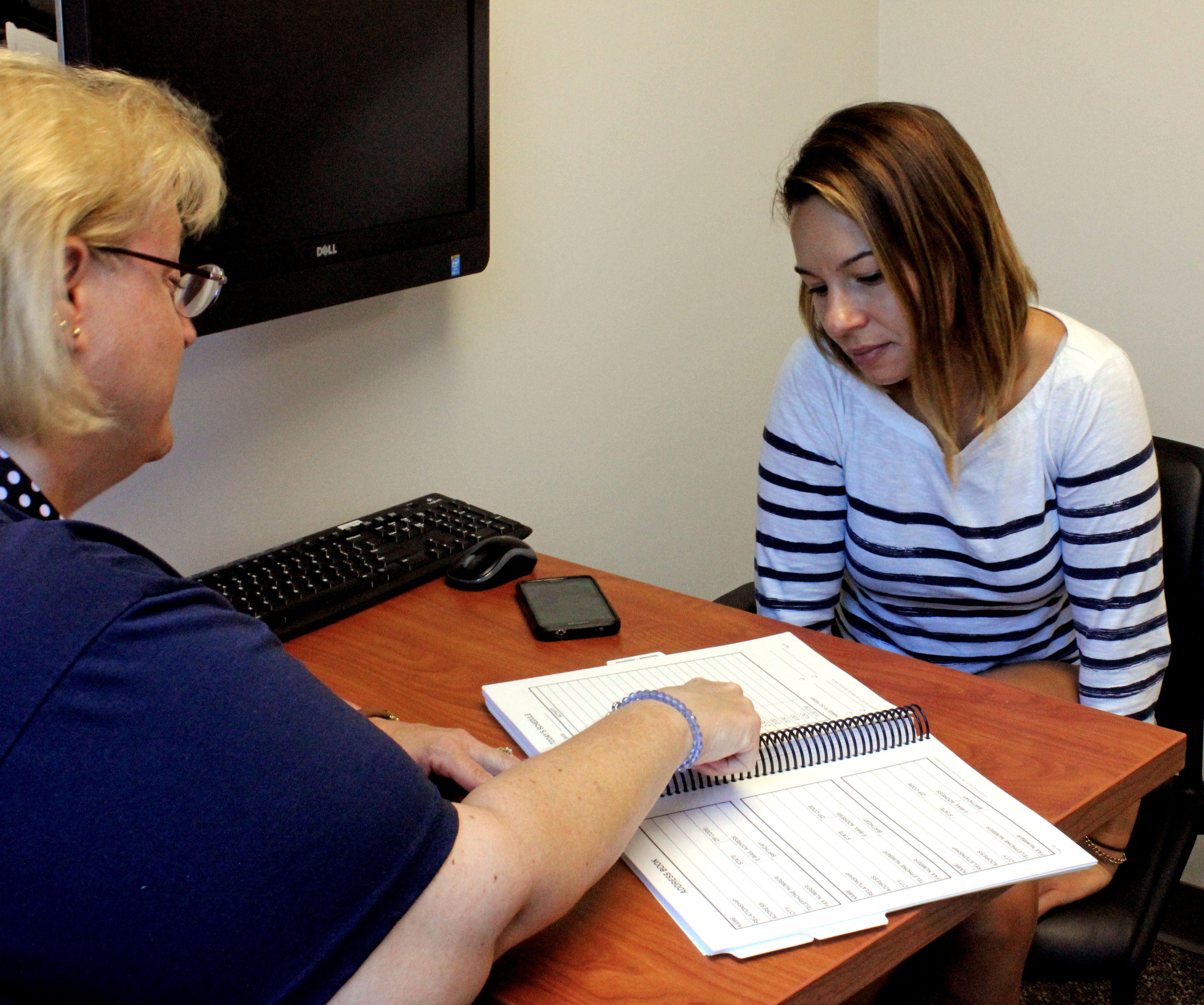March is Brain Injury Awareness Month
Most of us never imagine that our lives could be impacted by a serious brain injury, but according to the American Speech-Language Hearing Association between 3.2 and 5.3 million Americans live with long-term disabilities resulting from traumatic brain injury (TBI). March is dedicated to improving the awareness of brain injuries.
There are two types of brain injuries - traumatic and non-traumatic.
 TRAUMATIC BRAIN INJURY CAUSES:
TRAUMATIC BRAIN INJURY CAUSES:
- Falls
- Assaults
- Motor Vehicle Accidents
- Sports/Recreation Injuries
- Abusive Head Trauma (Shaken Baby Syndrome)
- Gunshot Wounds
- Workplace Injuries
- Child Abuse
- Domestic Violence
- Military Actions (Blast Injury)
NON-TRAUMATIC BRAIN INJURY CAUSES:
- Stroke (Hemorrhage, Blood Clot)
- Infectious Disease (Meningitis, Encephalitis)
- Seizure
- Electric Shock
- Tumors
- Toxic Exposure
- Metabolic Disorders
- Neurotoxic Poisoning (Carbon Monoxide, Lead Exposure)
- Lack of Oxygen (Drowning, Choking, Hypoxic/Anoxic Injury – Lack of Oxygen to the Brain)
- Drug Overdose
 Brain injury can leave an individual with a number of persistent impairments. These problems may be cognitive (difficulties with attention, memory, communication, reasoning, and problem-solving); physical (weakness or lack of coordination in arms or legs, impaired vision, fatigue, sleep problems); emotional (vulnerability to depression, difficulty controlling anger or anxiety); or behavioral (being impulsive). Survivors of brain injuries are often left with cognitive and communication deficits, such as memory loss, slurred speech, and trouble swallowing.
Brain injury can leave an individual with a number of persistent impairments. These problems may be cognitive (difficulties with attention, memory, communication, reasoning, and problem-solving); physical (weakness or lack of coordination in arms or legs, impaired vision, fatigue, sleep problems); emotional (vulnerability to depression, difficulty controlling anger or anxiety); or behavioral (being impulsive). Survivors of brain injuries are often left with cognitive and communication deficits, such as memory loss, slurred speech, and trouble swallowing.
Those who suffer from a brain injury may require care from a number of physicians or specialists, including speech-language pathologists (SLPs). SLPs work to address deficiencies in language, swallowing and speech. Someone with a brain injury may have difficulty expressing what they would like to say, organizing their thoughts, speaking fluently and have memory lapses. After conducting a series of evaluations, a SLP will set goals, create a customized therapy plan, and schedule follow-up appointments for each individual client. Along with support groups, the Speech-Language Institute (SLI) of Salus University offers treatment and therapy for many of these common deficits.
For more information on SLI’s services or to schedule an appointment, call 215.780.3150